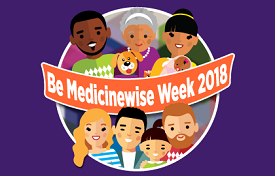Be Medicinewise Week 2019
Get to know the language of medicines
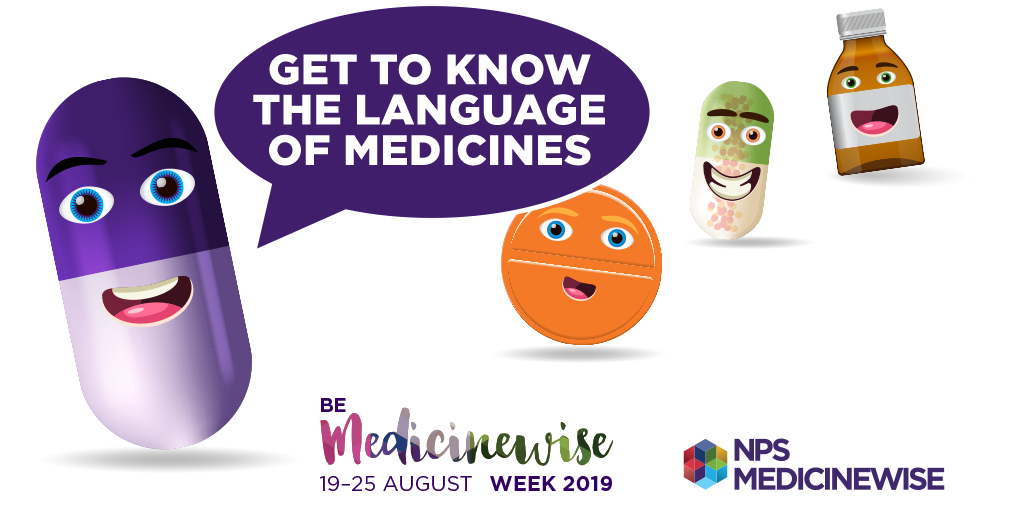
The new survey findings show how many Australians are putting themselves at risk by NOT keeping a complete record of all the medicines they take.
Around 10% of Australians have household or family members that have trouble getting information about their medicines because English is not their first language. Read how community pharmacists are working in culturally and linguistically diverse communities around Australia helping their customers to get to know the language of medicines.
Listen to the results of our survey of how much Australians know about their medicines, and how community pharmacists in culturally and linguistically diverse communities are helping people get to know the language of medicines.
The ninth annual Be Medicinewise Week is encouraging Australians to get to know the language of medicines. Understanding and communicating about medicines is key to getting the most out of them, safely.
Download our campaign toolkit to help spread the message.
Download our resources
NPS MedicineWise has created a range of resources you can download and use to help spread the important messages of Be Medicinewise Week. The Be Medicinewise Week poster and Medicines list are available in English, Arabic, Chinese simplified, Chinese traditional, Croatian, Greek, Italian, Korean, Macedonian, Spanish and Vietnamese.
You can download, print and display these resources in your health setting or community organisation for Be Medicinewise Week (19–25 August).
Do you know the language of medicines?
Medicines are part of most people’s lives, and having access to and understanding important information, and asking the right questions about medicines is the key to getting the most out of them, safely. This is why it is so important to get to know the language of medicines.
How can you learn the language of medicines?
- Know all the medicines you take and why you take them. Keeping an up-to-date medicines list is a great way to keep track of your medicines.
- Understand the instructions for taking your medicines. Medicines only work if you are taking them properly, and you can only take them properly if you understand the instructions.
- Check with your health professional before starting any new medicine. A health professional can help you balance the benefits of a medicine with any potential risks.
- Ask questions if there is anything you don’t understand about your medicines. Seeking information from a trusted source can help you get the most out of your medicines, safely.
Important information about medicines to help you get the most out of them, safely:
- How to best manage your medicines
- Medicines and brand names explained
- MedicineWise app: manage medicines on your smartphone
- How to store medicines correctly
- How to dispose of unwanted or unused medicines
- Medicines and side effects
- Taking medicines during pregnancy
- Taking medicines while breastfeeding
- How to give medicine to a child in your care
How to access information and ask the right questions to help get the most out of them, safely
- Consumers can call our Medicines Line on 1300 MEDICINE (1300 633 424)
- Download our free MedicineWise app
- Search for your medicine by brand or active ingredient on Medicine Finder
- Follow us on Facebook and Twitter
- Find out the 5 most important questions to ask your doctor from Choosing Wisely Australia – available in English, Arabic, Chinese simplified, Chinese traditional, Croatian, Farsi, Greek, Italian, Korean, Macedonian, Spanish, Turkish and Vietnamese.
Videos promoting medicinewise behaviour
Videos promoting medicinewise behaviour have been developed and are available for embedding on websites and using on social media during Be Medicinewise Week.
What happens when two pills go on a blind date?
On this week's episode of Medicine Match, we send two pills on a blind date. Will they clash or will it be #HapPILLyeverafter?
Lesson videos on how to be medicinewise
Lesson 1:
What is this medicine for?
Lesson 2:
What are the active ingredients?
Lesson 3:
How do I take my medicines correctly?
Lesson 4:
What are the side effects and what can you do?
The videos are available for download and can also be used for display in GP practices, hospitals and other healthcare settings.
2017
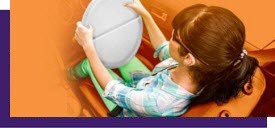
We reminded Australians that medicine misuse can happen to anyone.
2016
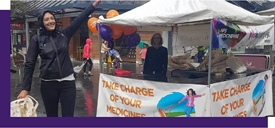
We encouraged people to ask the right questions, ask the right people and follow the right advice to get the most out of their medicines.
30k video views
2015
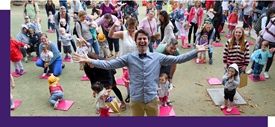
Jimmy Rees (from ‘Giggle and Hoot’) helped us remind parents and carers how to properly administer medicines to children.
732 media hits
2014
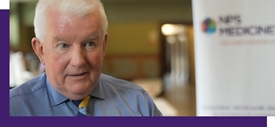
Dr D’Arcy returned to encourage older Australians to prepare for any medicine-related issues they might face.
270 media hits
2013
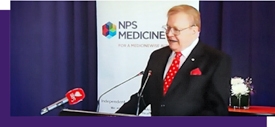
Bert Newton and Dr John D’Arcy were celebrity ambassadors, asking older Australians to take a medicine challenge each day.
10k web visits
2012
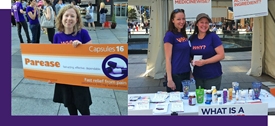
Following its success, the campaign ran annually. We encouraged people to understand medicines and their active ingredients.
3.5M reached
2011
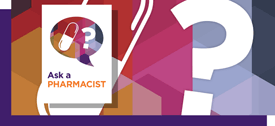
Be Medicinewise Week sparked a national conversation on the safe and wise use of medicines. The campaign was featured on Channel 7, TMS, radio and included brand ambassadors like Mel Doyle.
1.5M reached
You can download, print and display these resources in your health setting or community organisation for Be Medicinewise Week (19–25 August).
Campaign toolkit
Digital elements
Encourage your organisation to add Be Medicinewise Week graphics to your intranet, homepage or email signatures using the digital assets below; hyperlink all digital elements to nps.org.au/bemedicinewise.
Support the campaign through social media by using the #BeMedicinewise hashtag. Use our social media guide in the toolkit for suggested social media posts.

